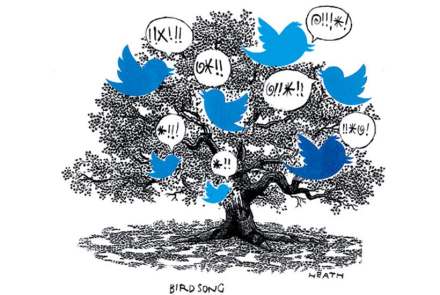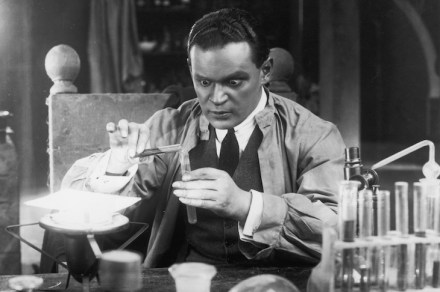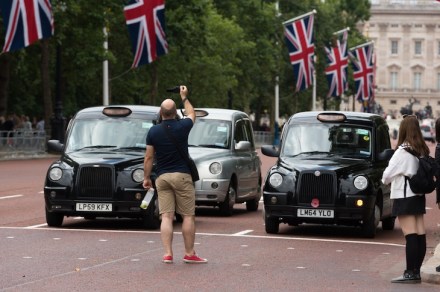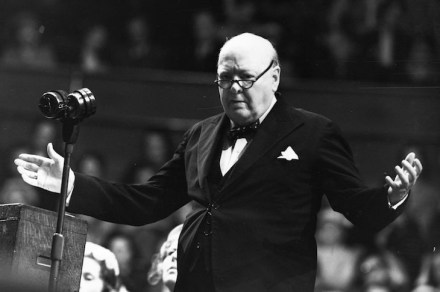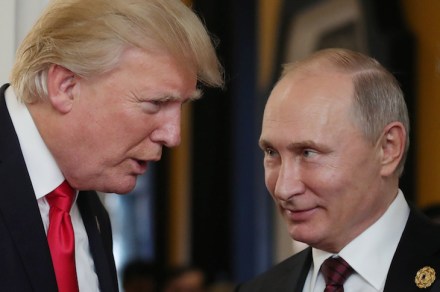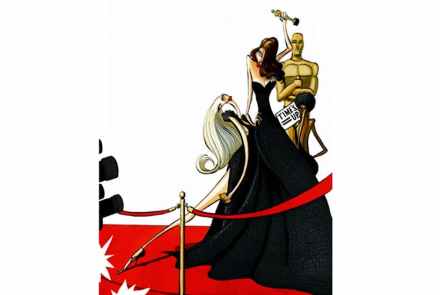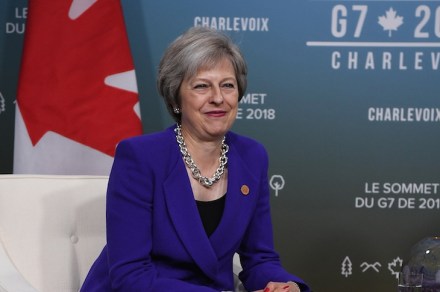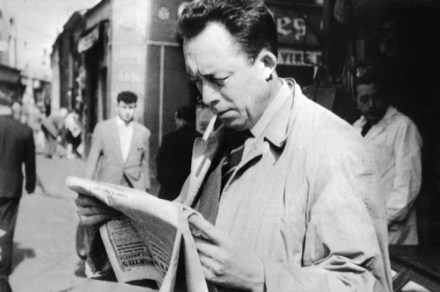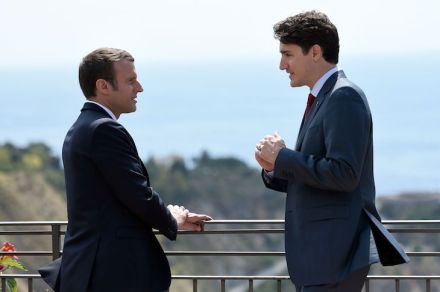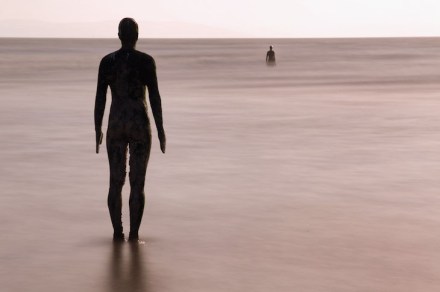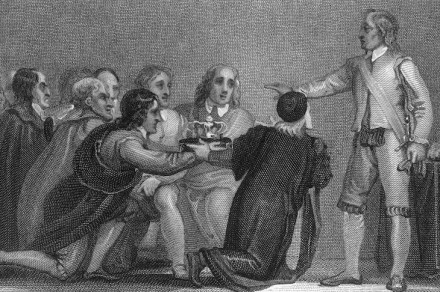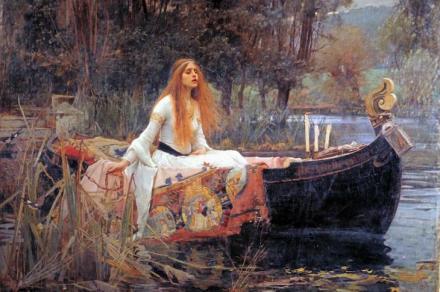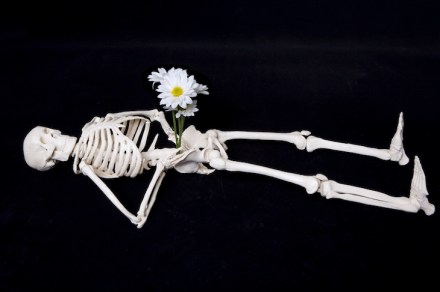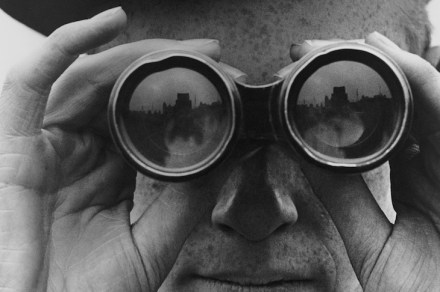Spectator competition winners: pun for your life (poems about puns containing puns)
The latest challenge was to submit a poem about puns containing puns. Dryden regarded paronomasia as ‘the lowest and most grovelling kind of wit’; Samuel Johnson took an equally dim view. But this most derided form of humour produced a witty and accomplished entry that elicited only the occasional groan. Robert Schechter’s four-liner – ‘Opun and shut’ – caught my eye: As the punster’s puns were reaching a crescendo, I said, ‘Take your puns and stick them innuendo!’ Also displaying considerable punache were Bill Greenwell, Basil Ransome-Davies, Sylvia Fairley, Michael Jameson and Joseph Houlihan. They narrowly lost out to the winners, printed below, who pocket £25 apiece. W.J. Webster snaffles




